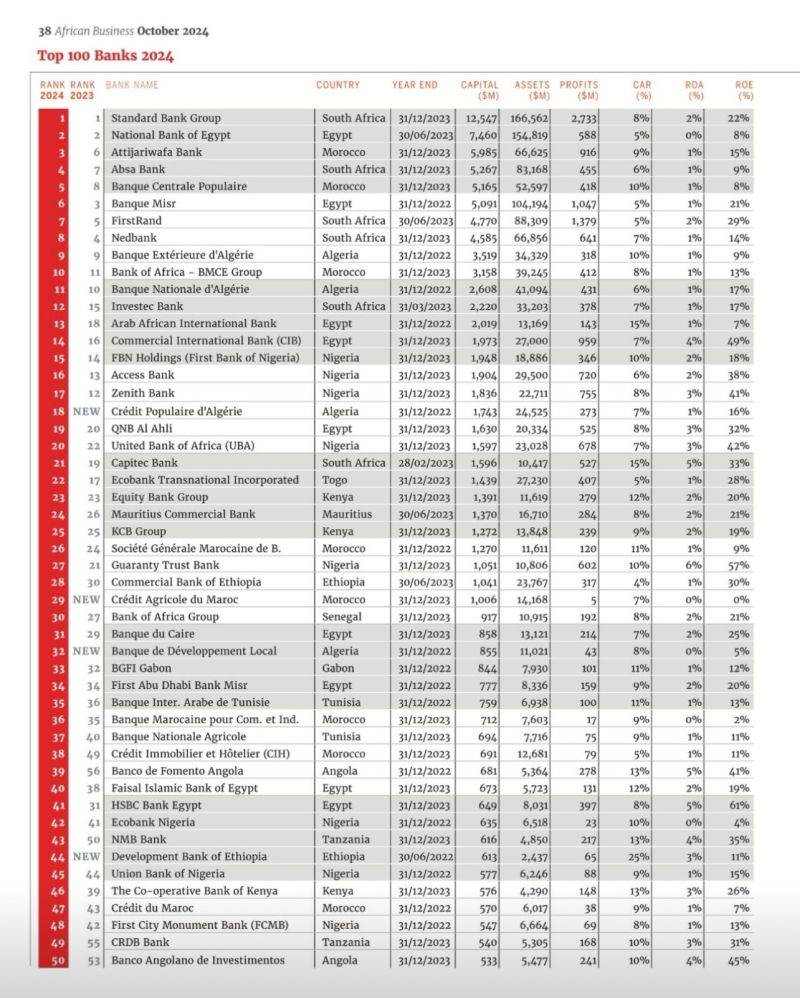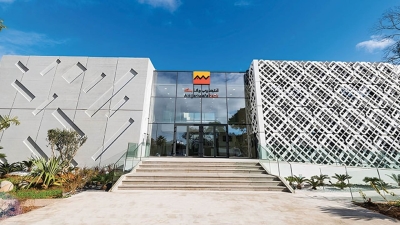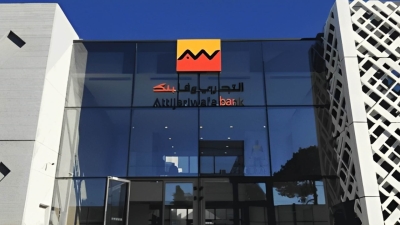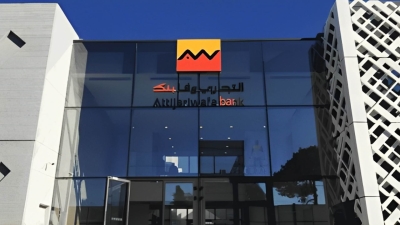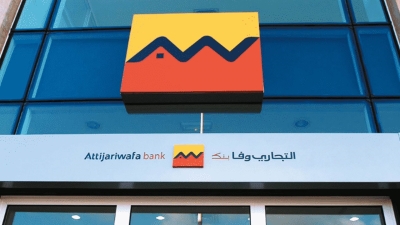Attijariwafa bank Group ranked third on Africa’s Top 100 Banks 2024
First Bank
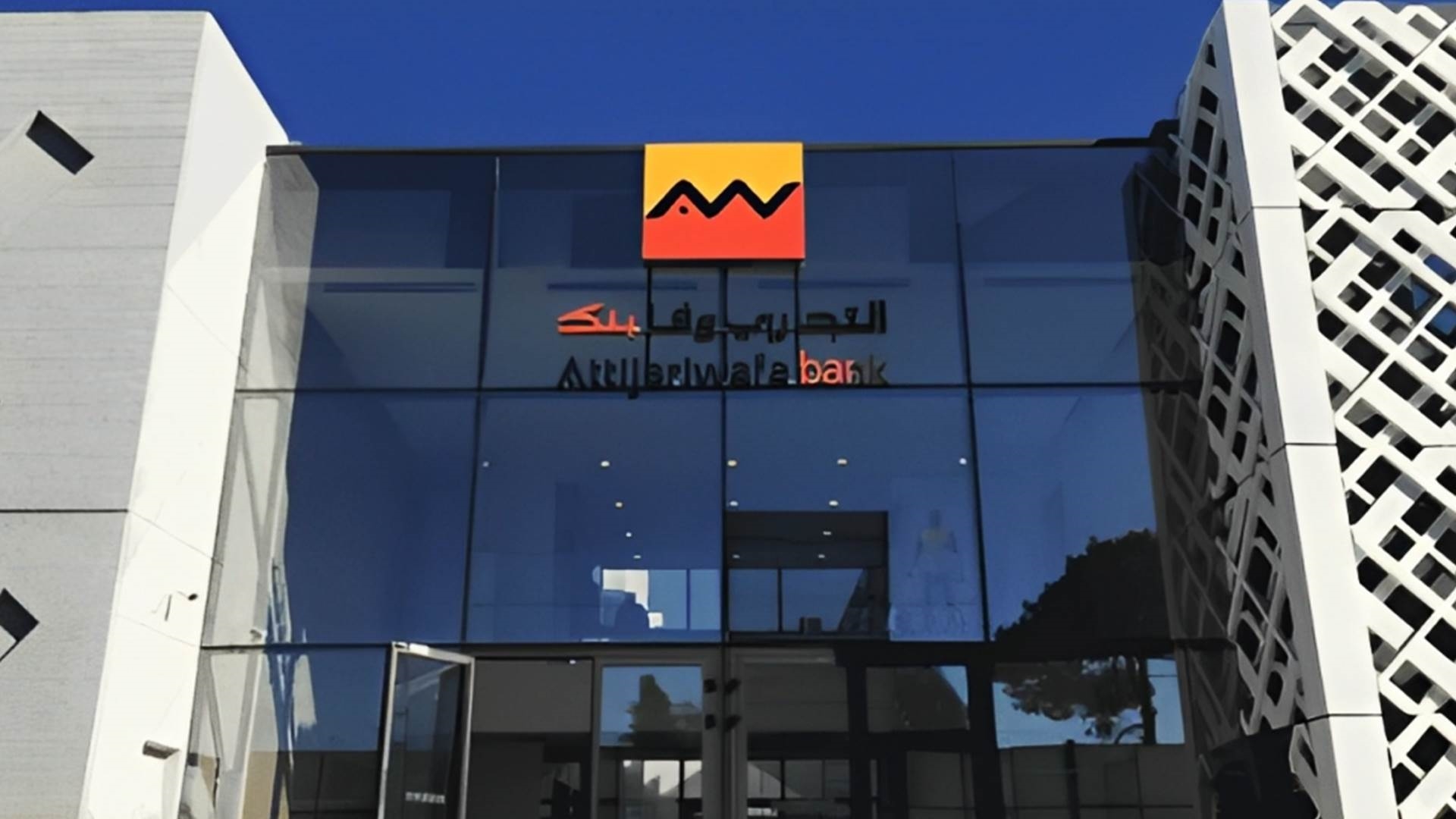
Attijariwafa bank Group was able to rank third on Africa’s Top 100 Banks 2024 while it got the first position at the Morocco level, with capital of $5.98 bn, total assets of $66.6 bn and net profits of $916 mn.
Standard Bank ranked first on Africa’s Top 100 Banks 2024, with capital of $12.5 bn, total assets of $166.56 bn and net profits of $2.73 bn.
Second place was the National Bank of Egypt, with a capital of $7.5 bn, total assets of $155 bn and net profits of $588 mn, maintaining its position for the fifth consecutive year.
Fourth place was Absa Bank, with capital of $5.26 bn, total assets of $83.16 bn and net profits of $455 mn.
Fifth place was Banque Centrale Populaire, with capital of $5.16 bn, total assets of $52.6 bn and net profits of $418 mn.
Banque Misr came in sixth place with capital of $ 5 bn, total assets of $ 104 bn and net profits of $1 bn.
African Business explained that bank assets are typically measured on the basis of "Tier 1 capital", which is a measure of the primary funding source of the bank and the capital which it can use for daily operations; and Tier 2 capital, which is supplementary capital and held in reserve. The Top 100 Banks survey ranks the banks according to the Tier 1 capital, converted into US dollars. Tier 1 capital is made up of shareholders’ equity and retained earnings: capital + reserves + retained earnings + minority interests.
The data is from Bankers’ Almanac and from the in-house research of African Business. We have excluded some banks whose data is old or unreliable.
The figures are based on the latest financial results (capital, assets and profits) at the time of doing the research, which the banks publish in local currencies. The research team converts the results into US dollars ($) using the exchange rates at the date of the results (or on 31 December). In the past 12 months there have been some major changes in some currencies compared to the US dollar, including big falls in the exchange rates of the Nigerian naira and the Ethiopian birr, and a rise in the Kenyan shilling. Foreign exchange changes could affect the year-on-year comparisons and lead to changes in the ranking.
